Best Free Android App Emulators
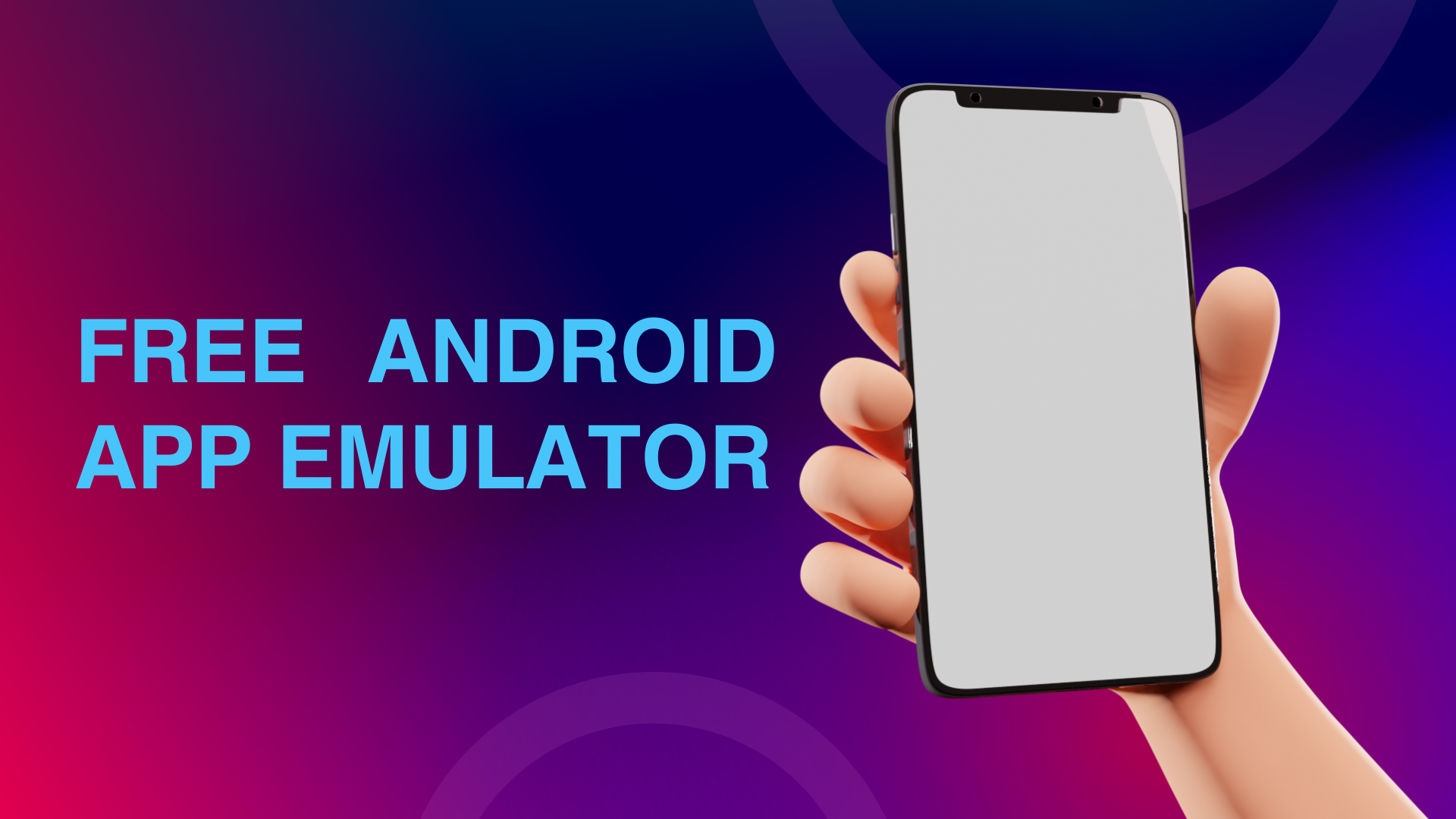
Android application emulators serve as a pivotal interface between mobile and desktop computing environments, offering an essential toolset for developers, gaming enthusiasts, and professionals seeking an optimized workflow.
These emulators replicate the Android ecosystem on non-native hardware architectures, facilitating software testing, performance benchmarking, and cross-platform application execution.
Free Android Emulators
1. Android Studio Emulator
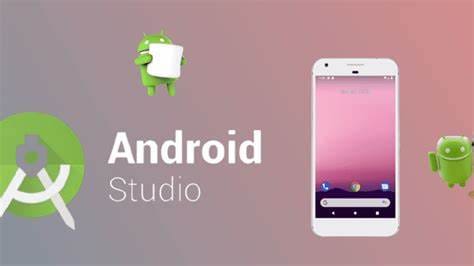
- Intended Use: Comprehensive software development and application testing.
- Key Features:
- Fully integrated with the Android Studio IDE.
- Supports a broad spectrum of Android versions and device profiles.
- Incorporates advanced debugging tools, including network and performance profilers.
- Provides Google Play Store support upon manual configuration.
- Advantages:
- Industry-standard for application development.
- Cross-platform compatibility with Windows, macOS, and Linux.
- Frequent updates aligned with official Android releases.
- Limitations:
- High system resource consumption.
- Limited gaming optimizations.
2. BlueStacks

- Intended Use: Gaming optimization and general app usability.
- Key Features:
- Advanced key mapping and multi-instance execution capabilities.
- AI-driven performance enhancement for gaming applications.
- Native support for Windows and macOS.
- Advantages:
- User-friendly graphical interface.
- High frame rate rendering and customizable control schemes.
- Limitations:
- Resource-intensive on lower-end hardware.
3. NoxPlayer
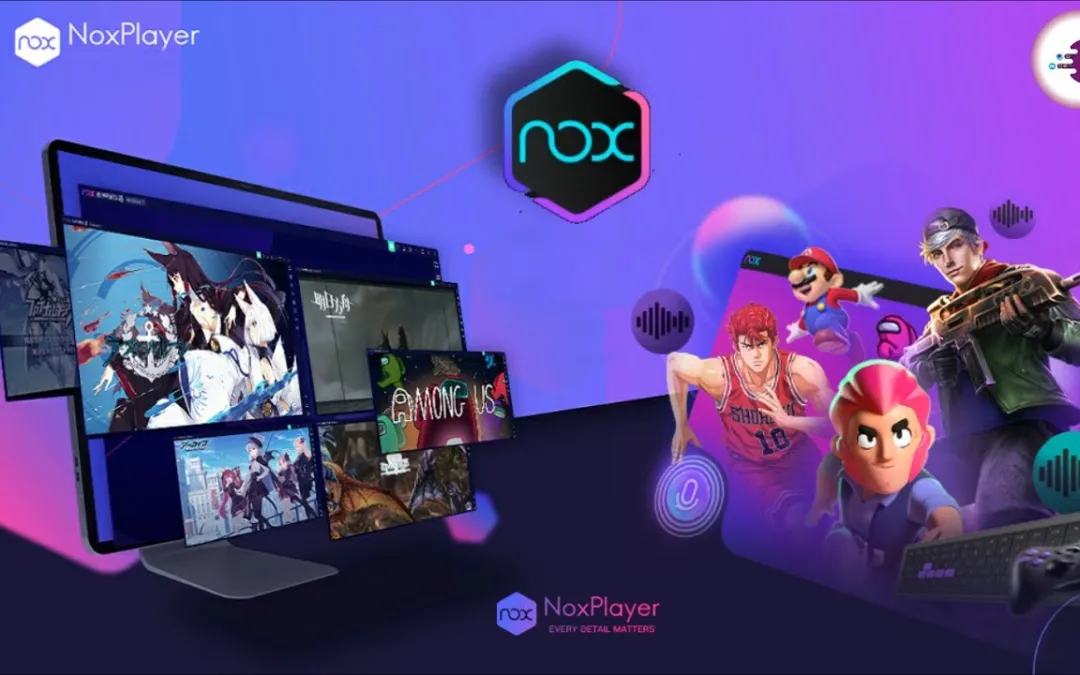
- Intended Use: Lightweight gaming and productivity applications.
- Key Features:
- Gamepad compatibility and screen recording functionality.
- Multi-instance execution for simultaneous application access.
- Optimized performance for Android gaming.
- Advantages:
- Low system overhead and efficient memory utilization.
- Limitations:
- Intermittent compatibility issues with newer applications.
4. MeMU Play
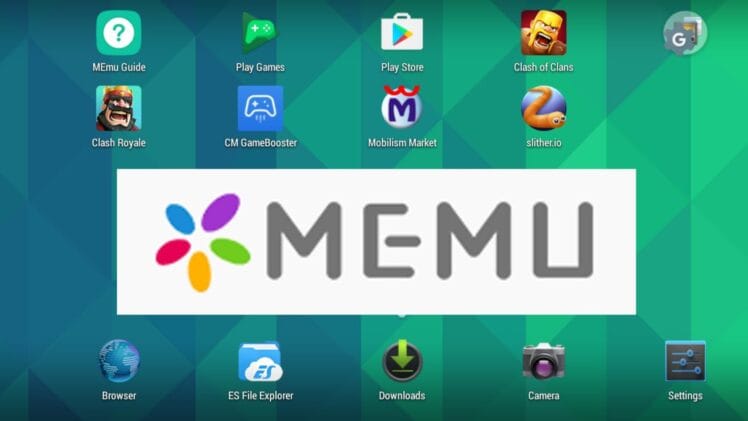
- Intended Use: Gaming-focused environment for Windows users.
- Key Features:
- Multiple Android version support (5 to 9).
- Integrated file-sharing capabilities between emulator and host OS.
- Advantages:
- Simplified installation and setup.
- Stable operation across a wide range of applications.
- Limitations:
- No macOS support.
5. Bliss OS

- Intended Use: Comprehensive Android OS emulation for varied applications.
- Key Features:
- Deployable as a live-boot environment or virtualized OS.
- Open-source framework allowing deep customization.
- Advantages:
- Highly configurable and feature-rich.
- Limitations:
- Requires advanced technical proficiency for installation.
6. Genymotion
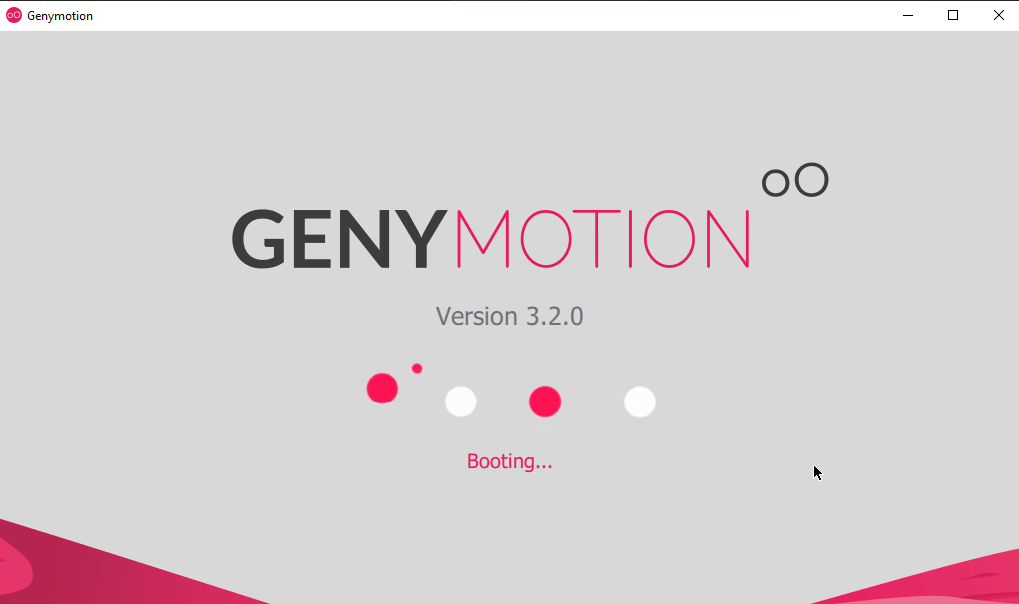
- Intended Use: Enterprise-grade application testing and development.
- Key Features:
- Cloud-based and on-premise solutions.
- Extensive support for hardware abstraction and API testing.
- Advantages:
- Ideal for scalable testing environments.
- Limitations:
- Minimal gaming-related optimizations.
7. PrimeOS

- Intended Use: Hybrid OS offering both gaming and productivity functions.
- Key Features:
- Operates as a standalone OS partition with a desktop-oriented interface.
- Advantages:
- Efficient resource allocation for enhanced multitasking.
- Limitations:
- Requires partitioning knowledge for proper deployment.
Popular Free Online Android Emulators: In-Depth
1. Browserling

- Focus: Online Android browser testing for websites and web apps9.
- How It Works: Streams Android emulators from the cloud to your browser. No installation required.
- Free Limitations: 3 minutes per session, unlimited sessions with paid plans.
- Strengths: Fast, simple, great for cross-browser QA.
- Limitations: Not ideal for gaming or persistent app usage.
2. Archon (Chrome Extension)

Archon is a browser-based emulator designed for running lightweight Android apps within Chrome.
- Key Features:
- Free and easy to use.
- Suitable for light app usage, not heavy games.
- Runs Android apps as Chrome extensions.
Archon is ideal for quick app testing but lacks advanced features like multi-account management or extensive customization.
3. ApkOnline Android Emulator

- Description: ApkOnline allows users to test apps and play mobile games without downloading and installing software. It is compatible with many Android apps and games.
- Key Features: Emulate messages, device location, and hardware sensors, run almost every Play Store app on a PC, intuitive interface, support for emulating SD cards.
4. Genymotion Cloud

- Description: Genymotion is a powerful Android online emulator tool for PCs. It allows users to run Android apps on Windows and macOS.
- Key Features: Integrates with Android SDK or Studio, users management access, web-based program with no software download required, suitable for non-tech and beginner users.
5. Appetize Android Emulator

- Description: Appetize.io is a cloud-based service that allows users to run Android and iOS applications directly in a web browser.
- Key Features: Supports both Android and iOS platforms, no software installation required, compatible with Windows, macOS, and Linux, developers can share apps via a generated link.
6. Redfinger Cloud Phone

- Description: Redfinger provides a stable and reliable cloud service for testing and development. It optimizes resource allocation, reducing hardware costs.
- Key Features: Stable connectivity, efficient resource utilization, suitable for complex application testing, may require some technical knowledge for setup.
7. BrowserStack

- Description: BrowserStack offers a wide range of device types and operating system versions for comprehensive compatibility testing.
- Key Features: Detailed test reports, accurate and reliable test results, suitable for enterprise-level development, can be expensive for small projects.
8. LambdaTest

- Description: LambdaTest supports real-time interaction and debugging functions, allowing developers to detect and solve problems in real time.
- Key Features: Real-time debugging, reduces development cycles, premium features available for an additional fee, may experience delays with unstable network connections.
9. AMIDuOS

- Description: AMIDuOS brings the Android experience to Windows devices, allowing users to switch easily between Windows and Android environments.
- Key Features: Runs on nearly any Windows 7, 8, or 10 device, paid software with a one-time fee.
10. RunThatApp

- Description: RunThatApp allows web developers to test and promote mobile applications using browsers.
- Key Features: Uses Actual App-Casting technology, works on all browsers and devices, varies by plan.
Comparisons
Table 1: Desktop Android Emulators – Core Features & Performance
| Emulator | Primary Use | AnTuTu Score | Android Support | RAM Requirements | Multi-Instance | Key Mapping | Platform Support |
|---|---|---|---|---|---|---|---|
| MuMu Player 12 | High-performance gaming | ~1,900,000 | Android 12 | 4GB minimum | Yes | Advanced | Windows, Mac |
| LDPlayer | Gaming optimization | ~1,850,000 | Android 9–11 | 2GB minimum | Yes | Advanced | Windows, Mac |
| BlueStacks 5 | Gaming & general use | ~1,800,000 | Android 9 (Pie) | 4GB min, 8GB rec | Yes | Advanced | Windows, Mac |
| MEmu Play | Gaming-focused | ~1,300,000 | Android 5–9 | 2GB minimum | Yes | Yes | Windows only |
| NoxPlayer | Gaming & productivity | ~900,000 | Android 5–9 | 3GB minimum | Yes | Advanced | Windows, Mac |
| Android Studio | Development & testing | N/A | All versions | 16GB recommended | Yes | No | Windows, Mac, Linux |
| Genymotion | Enterprise testing | N/A | Multiple versions | 8GB minimum | Yes | Limited | Windows, Mac, Linux |
| Bliss OS | Complete Android OS | N/A | Android 9+ | 4GB minimum | No | Desktop UI | Windows, Linux |
| PrimeOS | Hybrid productivity | N/A | Android 7+ | 4GB minimum | No | Desktop UI | Windows, Linux |
Table 2: Online Android Emulators & Cloud Solutions
| Platform | Category | Primary Use | Session Limits (Free) | Device Types | Performance | Starting Price |
|---|---|---|---|---|---|---|
| BrowserStack | Real Device Cloud | Comprehensive testing | Limited trial | Real devices (3500+) | Native | $29/month |
| LambdaTest | Real Device Cloud | Multi-platform testing | Limited trial | Real devices (3000+) | Native | $15/month |
| Genymotion SaaS | Enterprise Cloud | CI/CD & automation | Pay-per-use | Virtual devices | High (cloud GPU) | $0.05/minute |
| Appetize.io | Cloud Emulator | App demos & testing | 100 min/month | iOS & Android virtual | Medium | Free tier |
| Browserling | Browser Testing | Quick web testing | 3 min/session | Android browsers | Low | Free/Premium |
| ApkOnline | Web Emulator | Basic app testing | Unlimited with ads | Android virtual | Low | Free |
| Redfinger Cloud | Cloud Phone | Gaming & long sessions | Limited hours | Cloud instances | Medium | ~$10/month |
| AMIDuOS | Windows Integration | Windows-Android hybrid | Paid only | Windows-based | High | $15 one-time |
Table 3: Performance & System Requirements Analysis
| Emulator | CPU Requirements | RAM Requirements | Boot Time | Resource Usage (Idle) | Gaming Performance | Stability Rating |
|---|---|---|---|---|---|---|
| MuMu Player 12 | Quad-core recommended | 4GB minimum | 25–35s | Medium (1–2GB) | Excellent | Excellent |
| LDPlayer | Dual-core minimum | 2GB minimum | 20–30s | Low (700MB–1.2GB) | Excellent | Good |
| BlueStacks 5 | Intel i3/AMD equiv | 4GB (8GB rec) | 30–45s | Medium (1–2GB) | Excellent | Good |
| Android Studio | Intel i5-8xxx/Ryzen 3xxx+ | 16GB (32GB rec) | 60–90s | High (2–4GB) | Poor | Excellent |
| NoxPlayer | Intel i3/AMD equiv | 3GB minimum | 25–40s | Low (800MB–1.5GB) | Good | Fair |
| MEmu Play | Dual-core minimum | 2GB minimum | 20–35s | Low (600MB–1GB) | Good | Good |
| Genymotion | Intel i5/AMD equiv | 8GB minimum | 45–60s | Medium (1–2GB) | Poor | Excellent |
| Bliss OS | Dual-core minimum | 4GB minimum | 120+ s | Variable | Good | Variable |
| PrimeOS | Quad-core recommended | 4GB minimum | 90+ s | Variable | Good | Good |
"If you're new to mobile app testing or want to see a comparison of all modern emulators, don't miss our complete guides:
Mobile Testing Resource Hub: Here.
Android Emulators & iOS Simulators: Here"
Defining the Android Emulator
An Android emulator constitutes a virtualized environment that simulates the Android OS on a host device, typically running on Windows, macOS, or Linux.
This virtual abstraction enables users to execute mobile applications in a controlled, hardware-independent setting. The primary applications of Android emulators encompass:
- Software Development & Debugging: Developers utilize emulators to prototype applications, conduct compatibility testing across varying Android versions, and streamline the debugging process.
- Gaming & Performance Optimization: Emulators enhance gaming experiences through superior input mechanisms, extended battery life, and higher-resolution displays.
- Productivity Enhancement: Business users leverage emulators to access mobile-exclusive productivity applications via desktop interfaces, augmenting multitasking efficiency.
Advantages of Utilizing an Android Emulator
The deployment of an Android emulator affords numerous technical and operational advantages:
- Cross-Platform Operability: Facilitates execution of Android applications across diverse operating systems, mitigating hardware constraints.
- Superior Input Mechanisms: Enables precise control configurations using a keyboard, mouse, or external game controllers.
- Economic Viability for Testing: Offers a cost-effective alternative to procuring multiple physical devices for app validation.
- Optimized Computational Performance: Certain emulators integrate acceleration technologies to enhance frame rates and reduce latency for graphically intensive applications.
Strategic Considerations for Emulator Selection
Selecting an appropriate emulator entails an evaluation of several critical factors:
- Primary Use Case
- Developers should prioritize Android Studio Emulator or Genymotion for robust debugging environments.
- Gaming enthusiasts benefit from BlueStacks, NoxPlayer, or MeMU Play due to their gaming-optimized feature sets.
- System Resource Availability
- High-performance emulators necessitate adequate RAM and GPU acceleration.
- Android Version Compatibility
- Users requiring legacy or experimental Android builds should confirm compatibility before selection.
- Ease of Configuration
- Certain platforms, such as BlueStacks, offer streamlined installation, whereas Bliss OS demands advanced setup expertise.
- Supplementary Features
- Evaluate features such as multi-instance execution, hardware integration, and network simulation capabilities.
Installation & Configuration Framework
A generalized framework for emulator installation (e.g., BlueStacks) follows:
- Download & Execute Installer: Acquire the official installer from the emulator’s official repository.
- Follow On-Screen Setup Instructions: Complete the guided configuration process.
- Authenticate with Google Account: Sign in to access Play Store applications.
- Optimize System Preferences: Adjust emulator settings for optimal resolution, allocated memory, and control mappings.
Conclusion
The best Android emulator in 2025 depends on your use case:
- Gamers benefit most from MuMu Player 12 and LDPlayer, thanks to their benchmark-leading performance.
- Developers should rely on Android Studio Emulator for accuracy and debugging, with Genymotion for enterprise-grade scaling.
- Lightweight users get excellent results with MEmu Play or NoxPlayer on budget systems.
- Enterprises and testers should consider cloud-based platforms like BrowserStack, LambdaTest, and Genymotion SaaS.